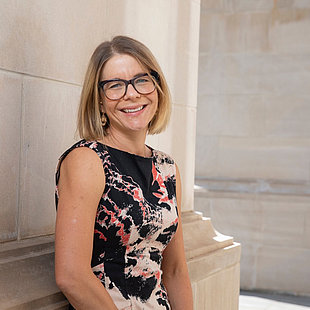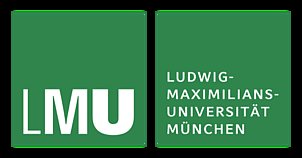About the Event
This keynote address takes place as part of the international conference "200 Years of the Monroe Doctrine". It explores the nearly century-long process of abolishing slavery in nineteenth-century Brazil, the last country to end the “peculiar” institution in 1888, and, along with the United States, the largest slaveholding power in the Western Hemisphere. The talk begins in the early 1820s, when Brazil achieved its independence from Portugal. Unlike in many Spanish American republics, sovereignty did not serve as a catalyst for emancipatory policies in Brazil. For example, while Simón de Bolívar was allying with a free, all-Black Haiti, Brazil was importing hundreds of thousands of enslaved Africans in an illegal transatlantic trade. In fact, Brazil only ended its transatlantic slave trade in 1850, after decades of growing British pressure. Yet, because the Brazilian enslaved population never achieved endogenous growth, the end of the transatlantic trade in 1850 served as a first ring of the institution’s death knell.
After that date, enslavers placed increased attention on enslaved women’s reproductive capabilities, hoping to reproduce their enslaved labor force through biological growth. At the same time, they created a robust internal slave trade from the declining sugar-producing northeast to the growing coffee-producing southeast, which disregarded those same reproductive capacities by separating enslaved families. As other American nations continued to abolish slavery, including the United States in the mid-1860s, Brazil held an increasingly isolated status as slaveholding nation. Unlike in the United States, which fought a war to end slavery, Brazil followed in the footsteps of its Spanish American neighbors, relying on gradual abolition legislation to phase out the institution. In 1871, Brazil passed the Law of the Free Womb, which conditionally freed the children born to enslaved women. In 1885, it passed the Law of the Sexagenarians, which freed enslaved people over 60. Final abolition through the “Golden Law” occurred in 1888.
As this presentation will show, the true abolitionists in Brazil were not the anti-slavery statesmen who put their signatures on this important legislation but the enslaved people who fought for their own freedom and that of their families in the plantation fields, marketplaces, and courtrooms across Brazil.
Photo: ©Jonas Jacobsson / unsplash.com
About the Speaker

Cassia Roth
Cassia Roth is Associate Professor of History and Latin American & Caribbean Studies at the University of Georgia. She also serves as Director of Graduate Studies in History. She received her MA and PhD in History from UCLA, and she is currently completing her Master’s in Public Health (MPH) in Epidemiology at UGA. Prior to coming to UGA, she was a Marie Sklodowska-Curie Postdoctoral Research Fellow at the University of Edinburgh in Scotland and a Fulbright Postdoctoral Scholar at the Fundação Oswaldo Cruz in Rio de Janeiro, Brazil.
Her book, A Miscarriage of Justice: Women’s Reproductive Lives and the Law in Early Twentieth-Century Brazil was published in 2020 with Stanford University Press. It won the Murdo J. MacLeod Prize from the Latin American and Caribbean Section of the Southern Historical Association and the Choice Outstanding Academic Title from the American Library Association. Her work, on topics as diverse as the feminist scientist Bertha Lutz to the history of cesarean sections, has appeared in numerous peer-reviewed journals, and her article “From Free Womb to Criminalized Woman: Fertility Control in Brazilian Slavery and Freedom,” won the 2018 Berkshire Conference of Women Historians Best Article Prize.
She teaches courses on Brazilian history, gender history, slavery, and medicine and is the faculty adviser to UGA’s oldest student organization, the Demosthenian Literary Society.
Registration
Register via XING Events – you don’t need a XING account in order to register:https://en.xing-events.com/CassiaRoth
This conference is sponsored by:
Bavarian American Academy
Bayerische Staatskanzlei
Rachel Carson Center for Environment and Society
Fritz Thyssen Foundation
International Office der LMU
Amerika-Institut der LMU
LMU Latin America Network,
an interdisciplinary network of researchers at LMU Munich which aims to facilitate cooperation in the areas of research, teaching and capacity building with partners based in Latin America with the support of the International Office
Location
Amerikahaus München
Karolinenplatz 3, 80333, München
Contact

Leiter Programme Handels- und Sicherheitspolitik
E-Mail
faltermeier@amerikahaus.de
Telefon
089 55 25 37-65
Notice of Filming and Photography
Photography, audio, and video recording may occur at any Amerikahaus events. By entering the event premises, you consent to being photographed and/or recorded (both audio and video) and to having your image released, published, exhibited or reproduced for promotional and archival purposes, news, our publications, press, and inclusion on our website and social media.






